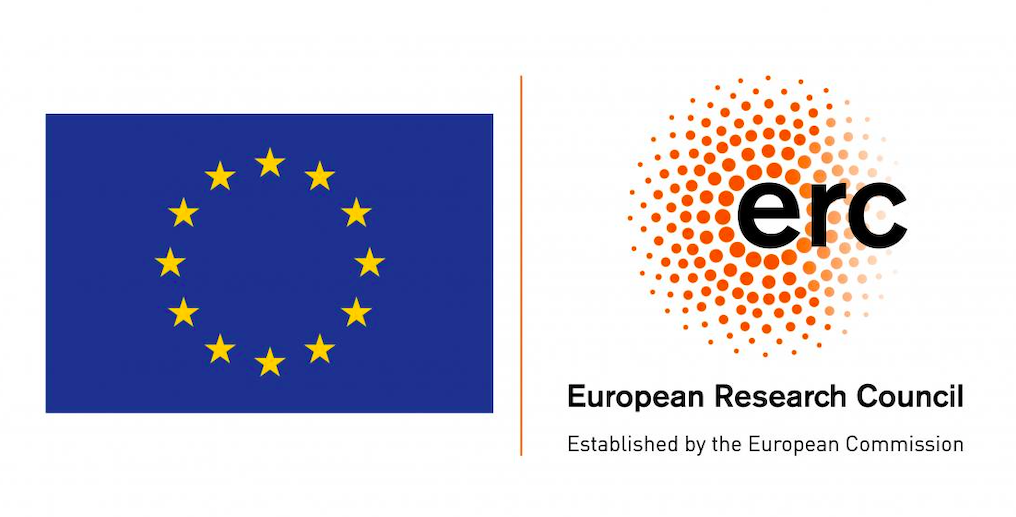Research Project
Globalizing Palliative Care? A Multi-sited Ethnographic Study of Practices, Policies and Discourses of Care at the End of Life investigates the globalization and cultural mediation of palliative care practices, policies and discourses. Palliative care is a professional form of end-of-life care. It’s development is relatively recent, and started in the UK in the 1960s. It has rapidly gained traction in high-income countries, where it has broadly become associated with a good death. Significant pockets of palliative care provision have also been developing in middle and lower-income countries over the last decades and currently attention to the global implementation of palliative care services is increasing, amongst others through the discourse of universal human rights. At the same time, anthropologists studying death and dying have long noted the global cultural diversity of end-of-life care practices. In light of this diversity, we seek to better understand how palliative care does or does not translate and travel across diverse contexts.
Our central questions are: How do global palliative care practices translate to various cultural contexts? How do they impact local notions of death and dying? And how, in turn, do culturally diverse practices of end-of-life care shape the practice of palliative care?
This project addresses these questions by using a qualitative ethnographic and comparative approach. We study palliative care discourses and policies as well as end-of-life practices in three countries with emerging palliative care services: Brazil, India and Indonesia. Our subprojects look at the articulation and global mobility of palliative care discourses, policies and models, national level institutional care assemblages and the care trajectories of patients and their immediate caregivers.
The project’s comparative approach and qualitative empirical detail is aimed to generate critical knowledge of processes of professionalizing end-of-life care that will contribute both to scientific theory on the universality and cultural specificity of dying and to the improvement of global end-of-life care services.
Three countries
In Brazil, palliative care units and initiatives are concentrated in urban centers and mostly located in hospitals. The research will both take place in institutions and follow families in the home setting. Fieldwork will be carried out in the metropolitan context of Sao Paulo and smaller towns in southern Brazil. India has multiple promising palliative care initiatives. Research for this project will focus on New Delhi. In Indonesia palliative care is most developed in a few large tertiary hospitals, but is currently including a growing number professional initiatives across the archipelago. Ethnographic research will focus mainly on Jakarta and Banda Aceh.
The project is hosted by the Institute of Cultural Anthropology and Development Sociology at Leiden University. The external ethics advisor of this project is Prof. Dr. Hansjörg Dilger (Free University Berlin).
ERC funding
The project ‘Globalizing Palliative Care? A Multi-sited Ethnographic Study of Practices, Policies and Discourses at the End of Life’ has received funding from the European Research Council (ERC) under the European Union’s Horizon 2020 research and innovation programme (Grant agreement No. 851437 ).
The ERC’s mission is to encourage the highest quality research in Europe through competitive funding and to support investigator-driven frontier research across all fields, on the basis of scientific excellence. The ERC complements other funding activities in Europe such as those of the national research funding agencies, and is a flagship component of Horizon 2020, the European Union’s Research Framework Programme for 2014 to 2020. Being ‘investigator-driven’, or ‘bottom-up’, in nature, the ERC approach allows researchers to identify new opportunities and directions in any field of research, rather than being led by priorities set by politicians. This ensures that funds are channelled into new and promising areas of research with a greater degree of flexibility. ERC grants are awarded through open competition to projects headed by starting and established researchers, irrespective of their origins, who are working or moving to work in Europe. The sole criterion for selection is scientific excellence. The aim here is to recognise the best ideas, and confer status and visibility on the best brains in Europe, while also attracting talent from abroad.
